News

Aug 12, 2020
Determining how a coronavirus protein takes over human protein-making machinery
Jean-Paul Armache, assistant professor of biochemistry and molecular biology, has been awarded seed funding from the Huck Institutes of the Life Sciences at Penn State to use cryo-electron microscopy to study how an important SARS-CoV-2 protein binds to and takes over the human ribosome — a protein factory in the cell that the virus uses to copy itself.
Full Article
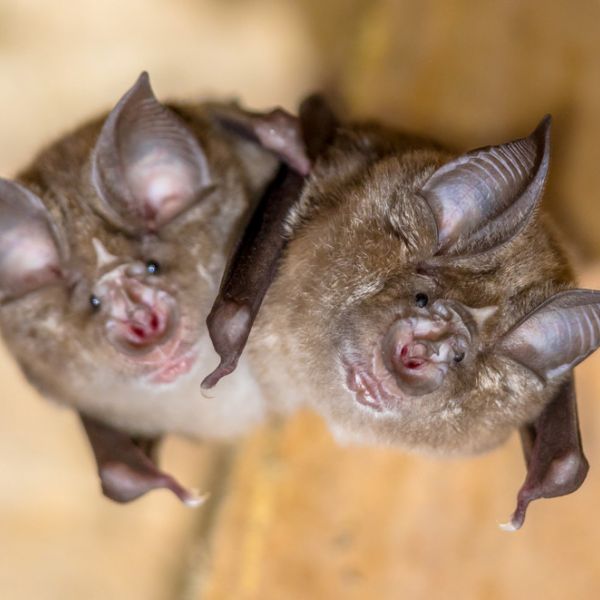
Jul 28, 2020
Researchers identify evolutionary origins of SARS-CoV-2
By reconstructing the evolutionary history of SARS-CoV-2, the virus that is responsible for the COVID-19 pandemic, an international research team of Chinese, European and U.S. scientists has discovered that the lineage that gave rise to the virus has been circulating in bats for decades and likely includes other viruses with the ability to infect humans.
Full Article

Jul 15, 2020
Huck Institutes tackles pandemic with true 'We Are' spirit
For faculty, staff and administrators working across Penn State’s Huck Institutes of the Life Sciences, the idea that the whole is greater than the sum of its parts is more than an abstraction. It’s an everyday reality.
Full Article
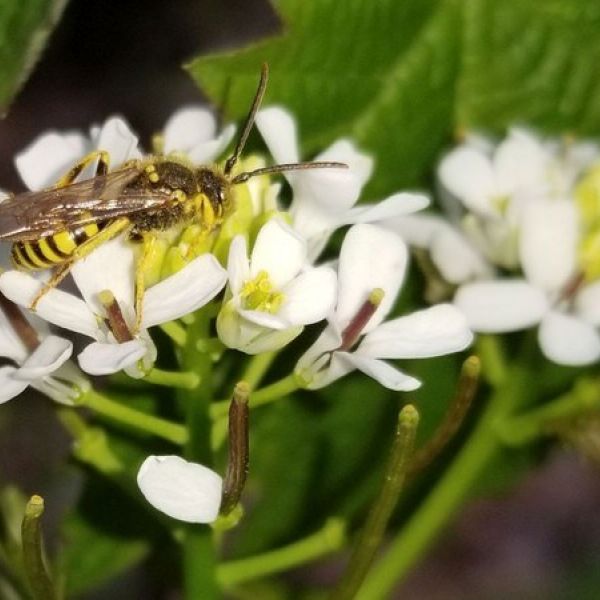
Jun 30, 2020
Checklist of Pa. bees documents 49 new species and some that may be endangered
A study documenting bees that are reported to occur in Pennsylvania has found the presence of 437 species, including 49 never before recorded in the state. Researchers said the resulting checklist of bees in the commonwealth also identifies species not native to North America and several native species that may be of conservation concern.
Full Article

Jun 30, 2020
Coral Researchers Recognized for Significant Contributions to Field
Iliana Baums and her research team were recognized by members of the coral reef community as making significant contributions to coral reef research.
Full Article
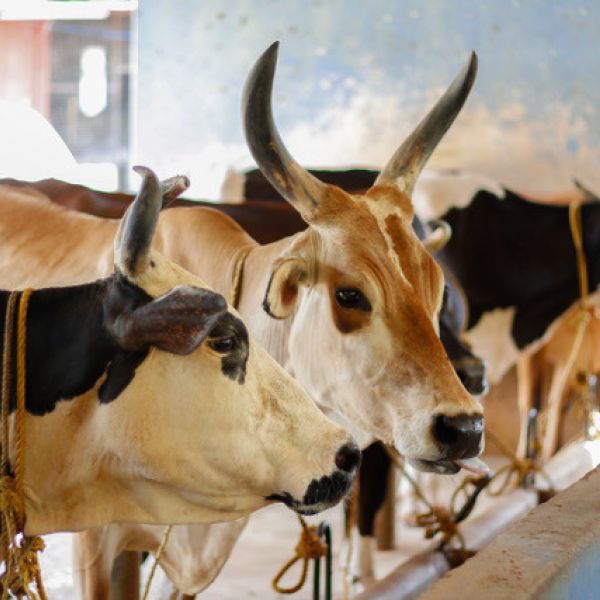
Jun 17, 2020
Tuberculosis spread from animals to humans greater than previously thought
The number of human tuberculosis (TB) cases that are due to transmission from animals, as opposed to human-to-human transmission, may be much higher than previously estimated, according to an international team of researchers. The results could have implications for epidemiological studies and public health interventions.
Full Article
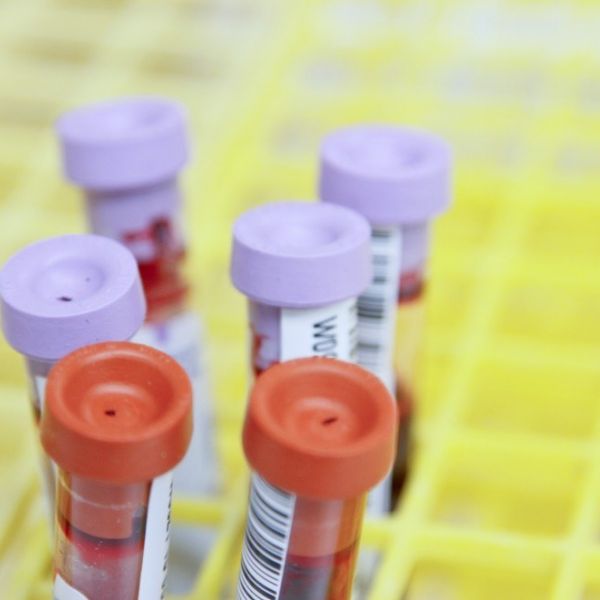
May 29, 2020
COVID-19 antibody testing. What is it good for?
While it’s too soon to use COVID-19 antibody testing to issue “immunity passports,” the antibody tests available today are good enough to inform decisions about public health, such as how and when to relax social distancing interventions, according to an international group of infectious disease and public health experts
Full Article

May 08, 2020
Which COVID-19 models should we use to make policy decisions?
With so many COVID-19 models being developed, how do policymakers know which ones to use? A new process to harness multiple disease models for outbreak management has been developed by an international team of researchers.
Full Article
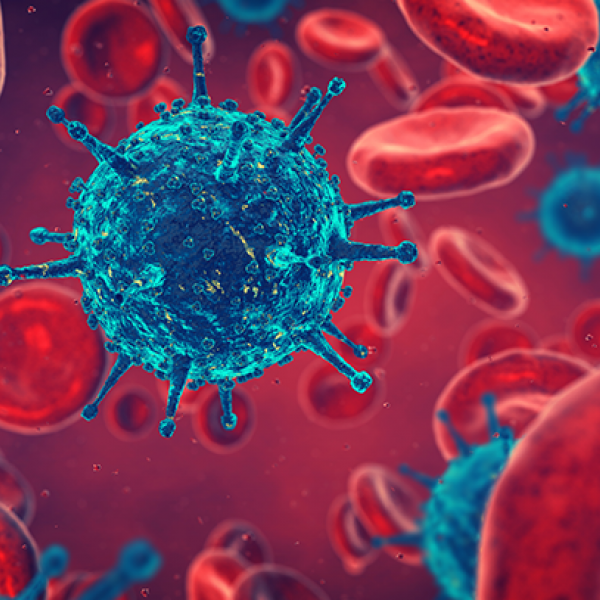
May 08, 2020
Plasma medicine research highlights antibacterial effects and potential uses
As interest in the application of plasma medicine — the use of low-temperature plasma (LTP) created by an electrical discharge to address medical problems — continues to grow, so does the need for research advancements proving its capabilities and potential impacts on the health care industry.
Full Article
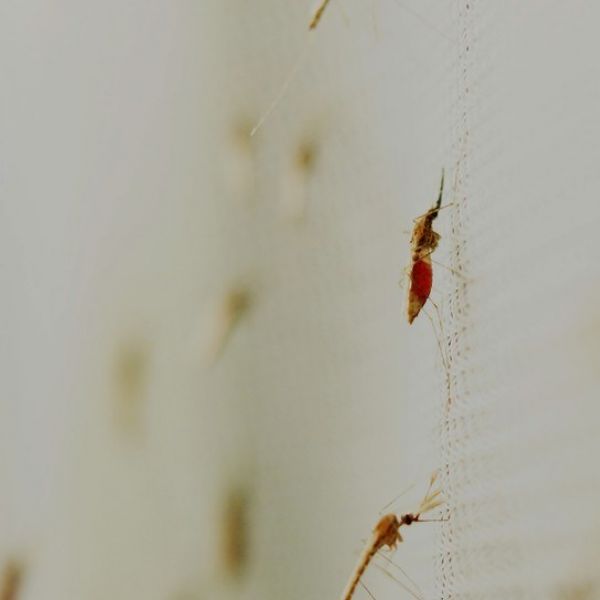
May 05, 2020
Malaria risk is highest in early evening, study finds
Wide-scale use of insecticide-treated bed nets has led to substantial declines in global incidences of malaria in recent years. As a result, mosquitos have been shifting their biting times to earlier in the evening and later in the morning.
Full Article